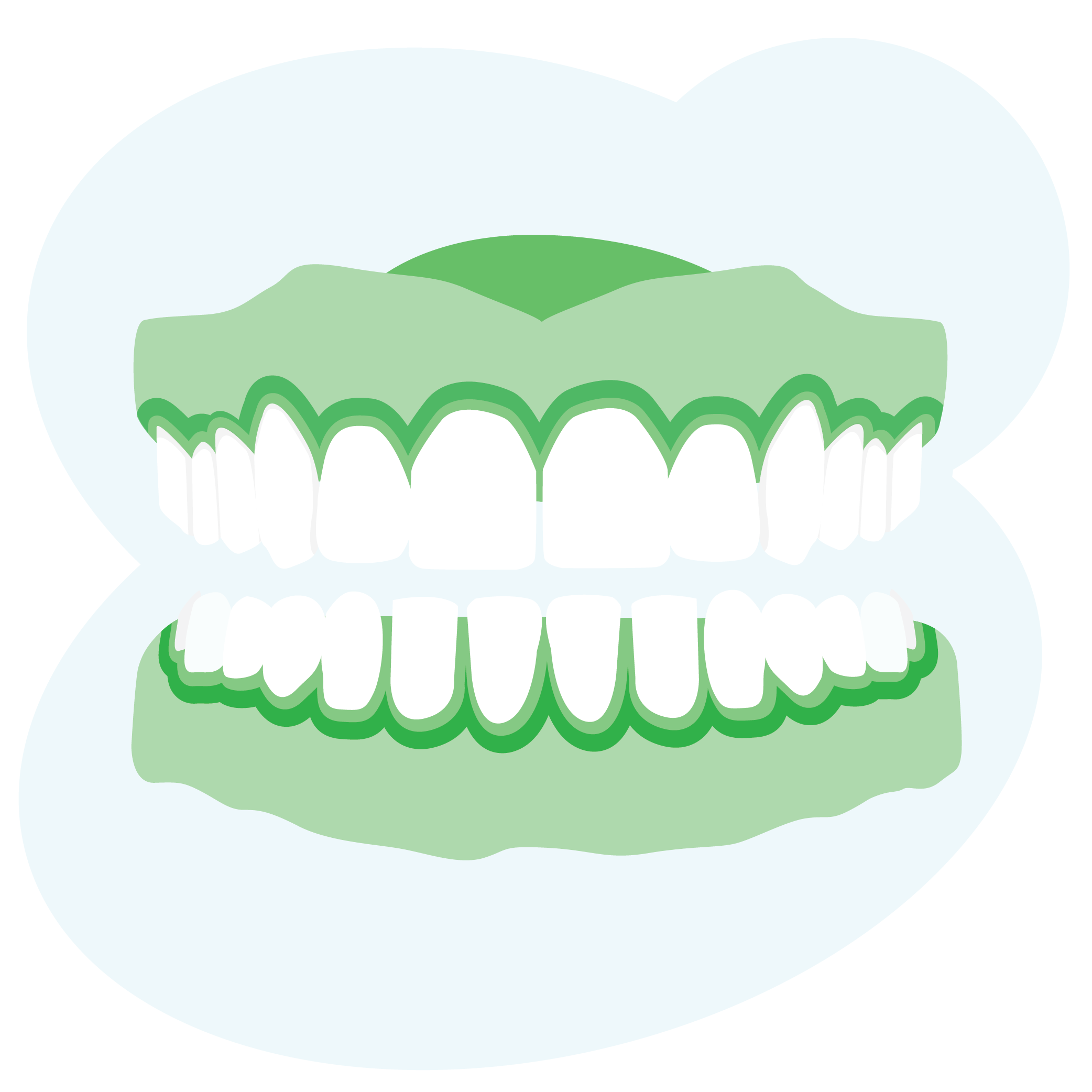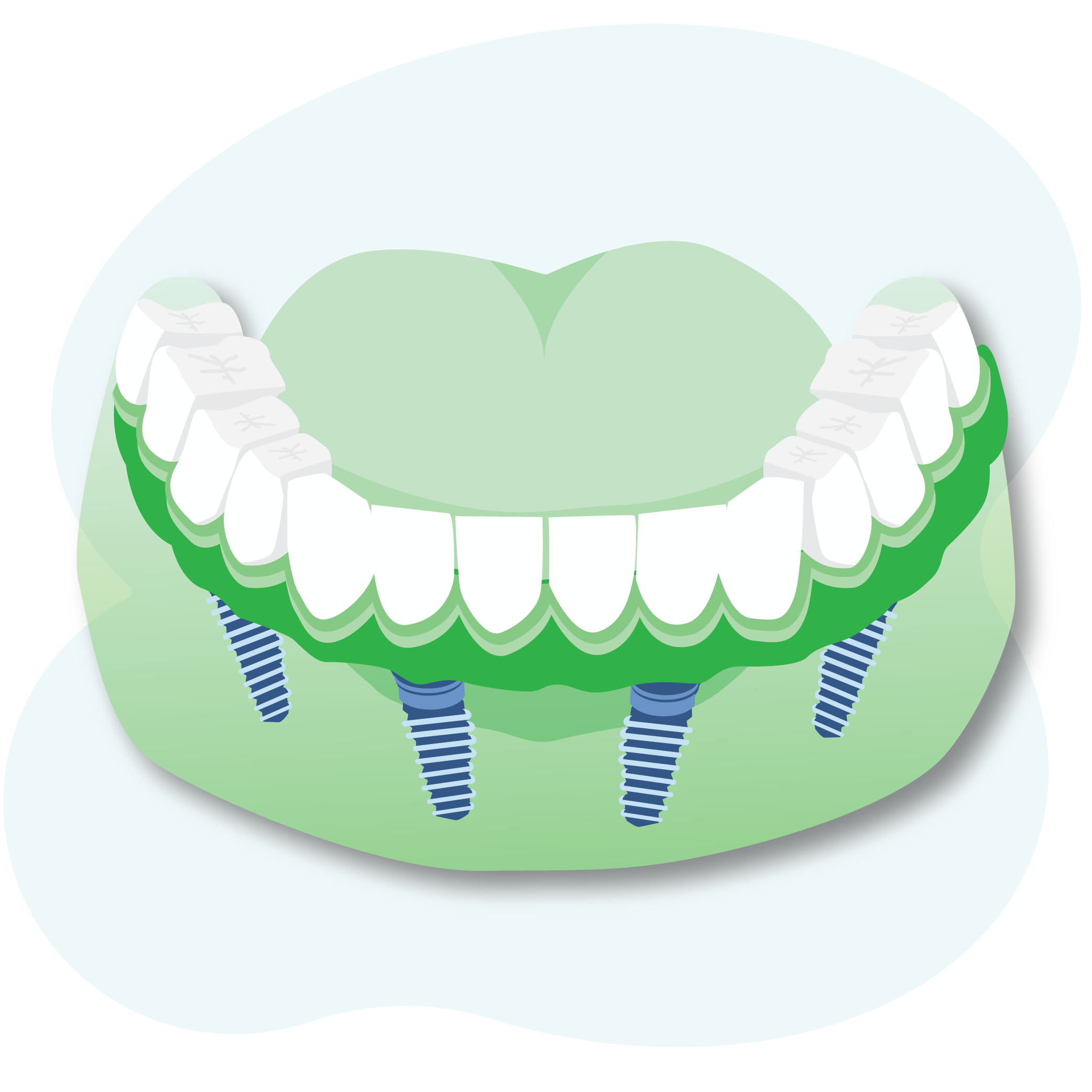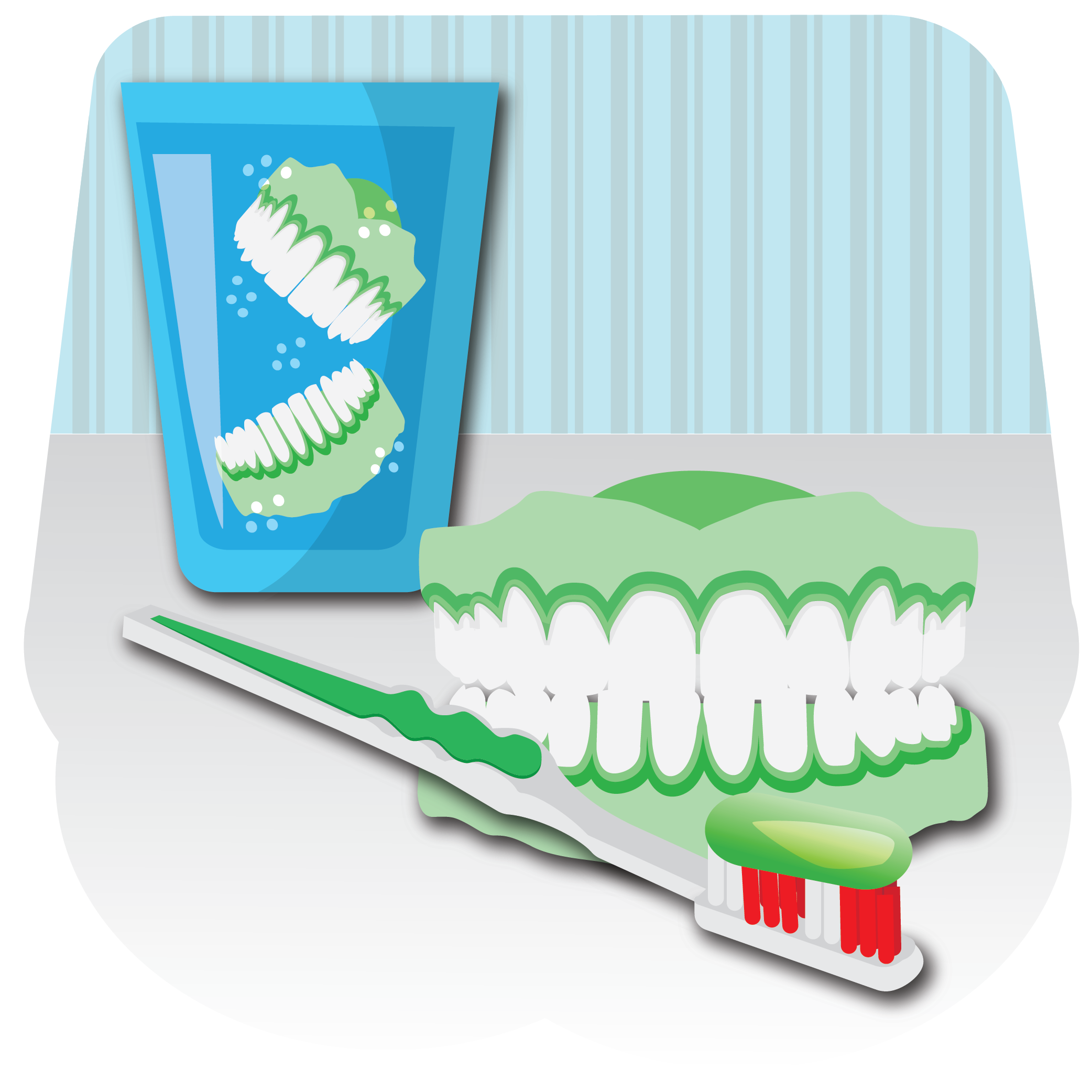
More than 36 million Americans do not have any natural teeth (edentulism), with 120 million people missing at least one tooth. The number of people who are missing teeth continues to grow. In the aging population, the ratio of edentulous people is two to one. We know that there are associations and overall health consequences to the loss of teeth that include diabetes, coronary artery disease and nutritional problems.
Economically disadvantaged and elderly patients have the greatest incidence of edentulism.
It has been estimated that 15% of the edentulous population have dentures made every year.

Natural teeth can be replaced by full dentures that can be non-implant retained or implant retained. The most common full dentures replace all the upper and lower teeth. Because in many patients the jaw bone that supports the dentures gradually starts to break down after teeth are lost, it can be a challenge to get a good fit and function for your dentures. This can be especially true for lower dentures. Your dentist may advise you to have implants placed that can help hold removable dentures in place. An added advantage to implant retained dentures is that the dental implants can help maintain the level of bone around the implants. Many patients have very nice results with implant retained overdentures that some call “snap-in-dentures”. Not everyone is a candidate for implants and your dentist can advise you concerning your particular situation taking into account your medical status, bone and soft tissue anatomy, cost and expected results.
After your dentures are made, it’s very important to attend your recommended follow up appointments at your dentist. Often, people think that if they have dentures, they do not need to see the dentist regularly, but dentists can see and treat chronic inflammation under dentures. As we age or if we take certain medications, we might begin to experience symptoms of dry mouth which leads to issues with our denture fit, function and tissue health. Oral cancer checks are also very important and are best done by your dentist. After five years of function, dentures may need to be replaced.

Caring for your dentures is very important, so be sure to follow directions from your dentist to maintain a healthy mouth and well-functioning dentures. Cleaning dentures should be done daily using the directions from your dentist. Be sure to also follow instructions when using adhesives on your dentures.
It might surprise you to know that even if you have full dentures and no implants you still need a daily oral hygiene routine to maintain a healthy mouth and gums. Using a soft bristle tooth brush, brush your gums, roof of your mouth and your tongue every day.
Dentures make it easier for you to speak and eat. They support your face and can help you to smile. As you can see, there are many health benefits to replacing your missing teeth with dentures!
This information in this post is for general educational purposes only and does not warrant or represent any information as related to health as specifically appropriate for you. It is not intended to be medical advice or replace the relationship that you have with your health care providers. You should always seek medical advice on any diagnosis or treatment from a qualified health care provider. The information is provided “as is” without any representations or warranties, express or implied.
Subscribe now
Your address and personal information will be safely stored in our database. We do not share or sell this information with anyone. You can unsubscribe to this subscription at any time.






